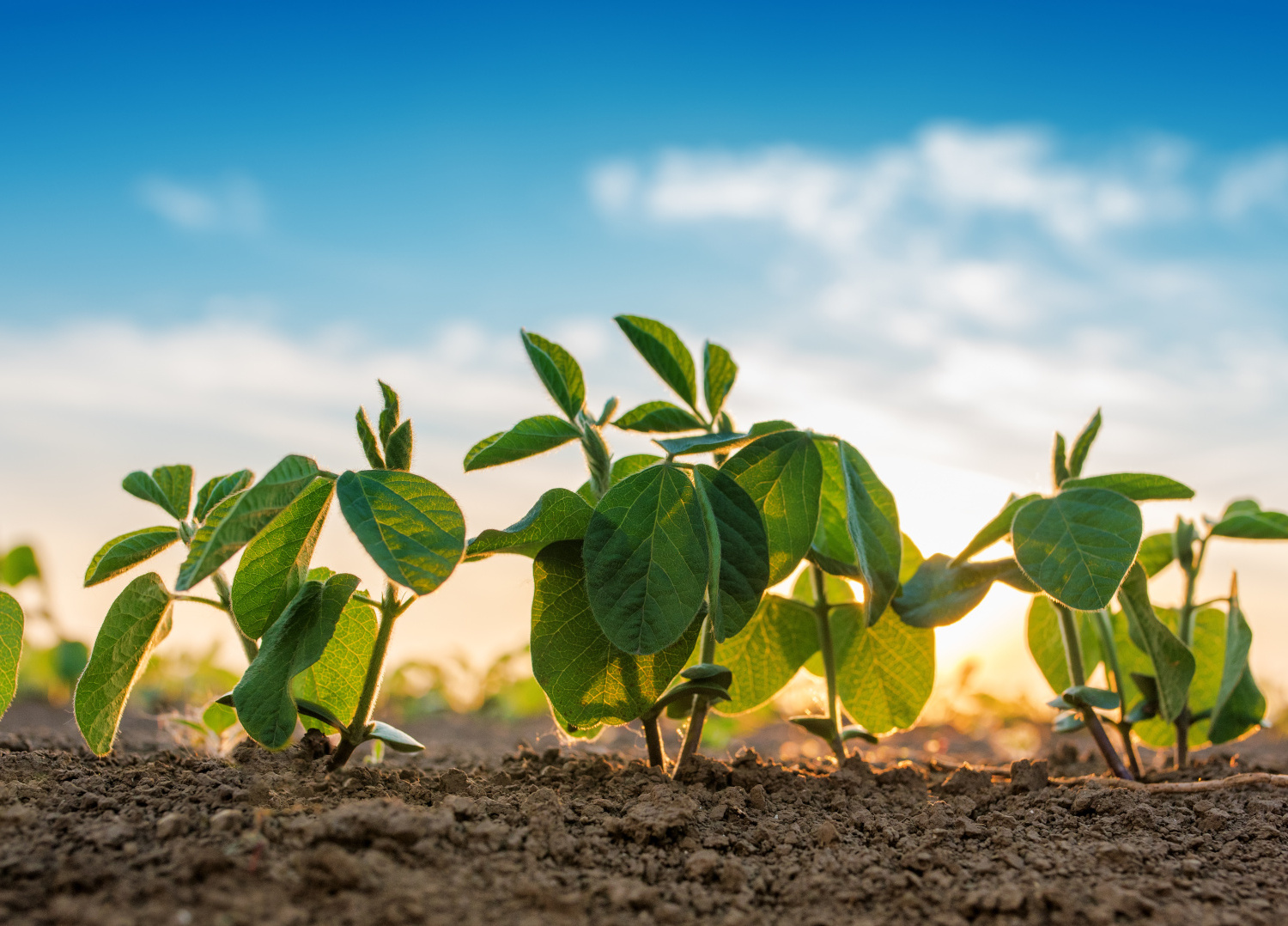This regular feature provides an update of crop growing conditions from several farmers, along with happenings across the farm to ensure overall quality of their product.
Soybean growers across the Upper Midwest are doing what they can to remain optimistic.
“You have to be an optimist to be a farmer,” said Northern Soy Marketing (NSM) board member David Struck. “It’s just a part of farming.”
With unusually hot temperatures gracing the region paired with minimal rainfall, crops are struggling to remain healthy. In South Dakota, where Struck farms, growers are preparing for another heat wave.
“We’re supposed to heat up over the weekend and next week,” Struck said. “On Tuesday we’re supposed to reach 100 degrees Fahrenheit. The good thing is that the days are getting shorter. So, if it does hit 100 degrees it’ll only be for a few hours rather than three to four hours.”
See? Optimism is carrying Struck through each week until the crop is harvested.
In southeast Minnesota, Glen Groth is also battling unfavorable growing conditions.
“The crops are declining rapidly,” said Groth, who also sits on the NSM board. “It’s been extremely hot. We caught a little bit of rain last night, but the crop is pretty much shutting down.”
Unfortunately, there isn’t any rain in the 10-day forecast, for either Groth or Struck.
“Don’t count on a lot from the whole southeast corner of Minnesota this year in terms of yield,” Groth said. “There’ll be some spots that are a total disaster and some that won’t be so terrible.”
According to this week’s USDA Crop and Weather Bulletin, “the late-summer Midwestern heat, accompanied by mostly dry weather, potentially trimmed yield prospects for immature crops.”
The scale of yield loss will be more concrete come late September and into October during soybean harvest.
“We’re probably looking at starting soybean harvest mid to late September,” Groth said. “There’ll be a few fields ready at that point, but not all of them. That’s my best guess right now.”
Struck is hoping that the rain doesn’t come this fall after it’s too late to salvage the crop.
“Because it didn’t rain all summer, hopefully it doesn’t start raining this fall so that we can get things done before we have to fight winter weather,” Struck said.
However it all shakes out, the Upper Midwest is remaining optimistic while farmers are doing everything in their power to mitigate their losses.


